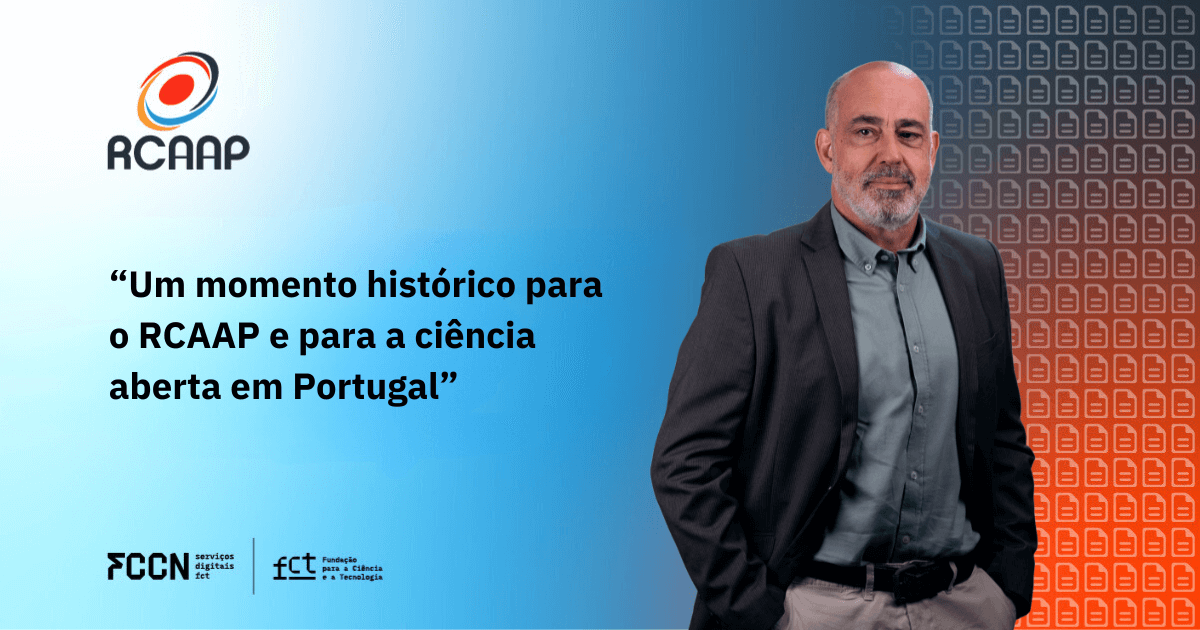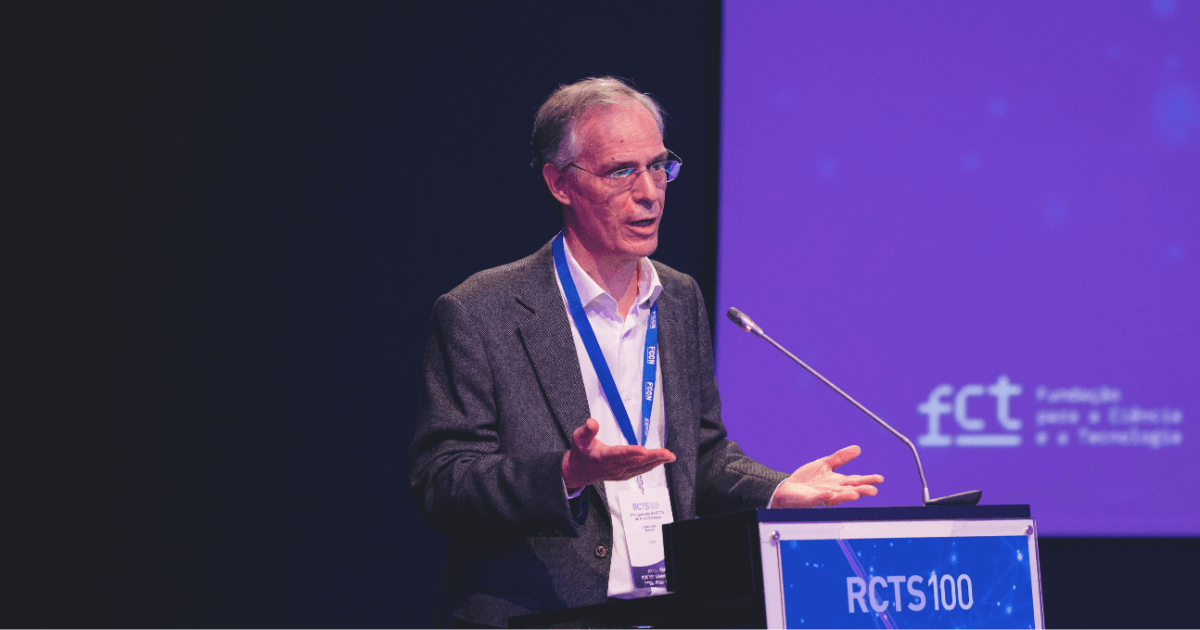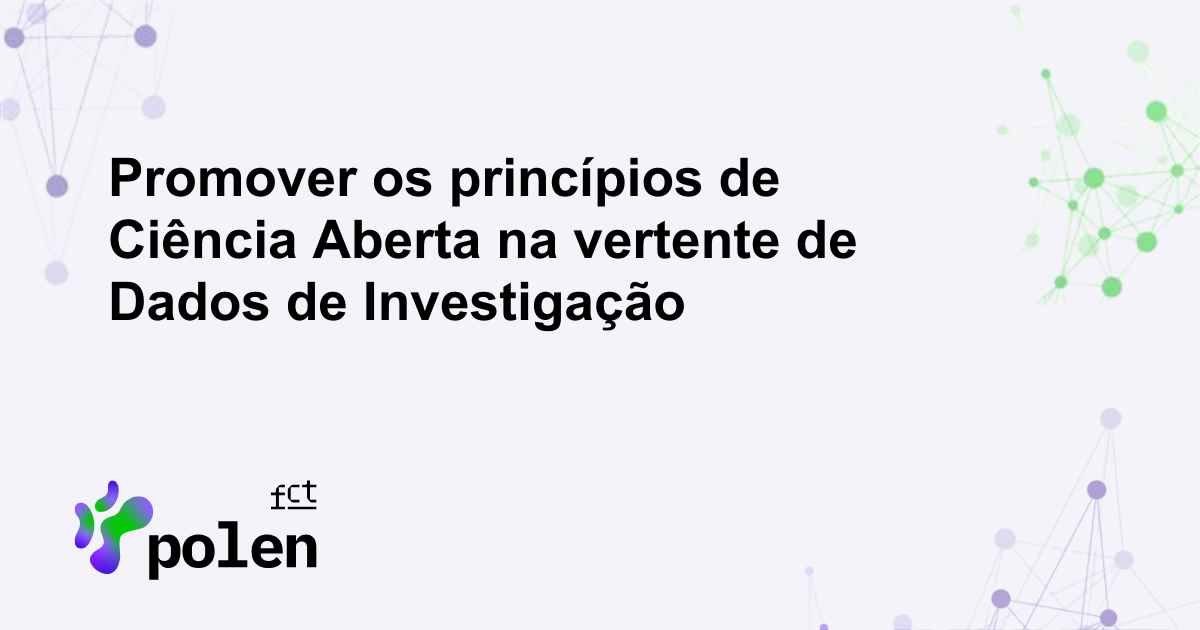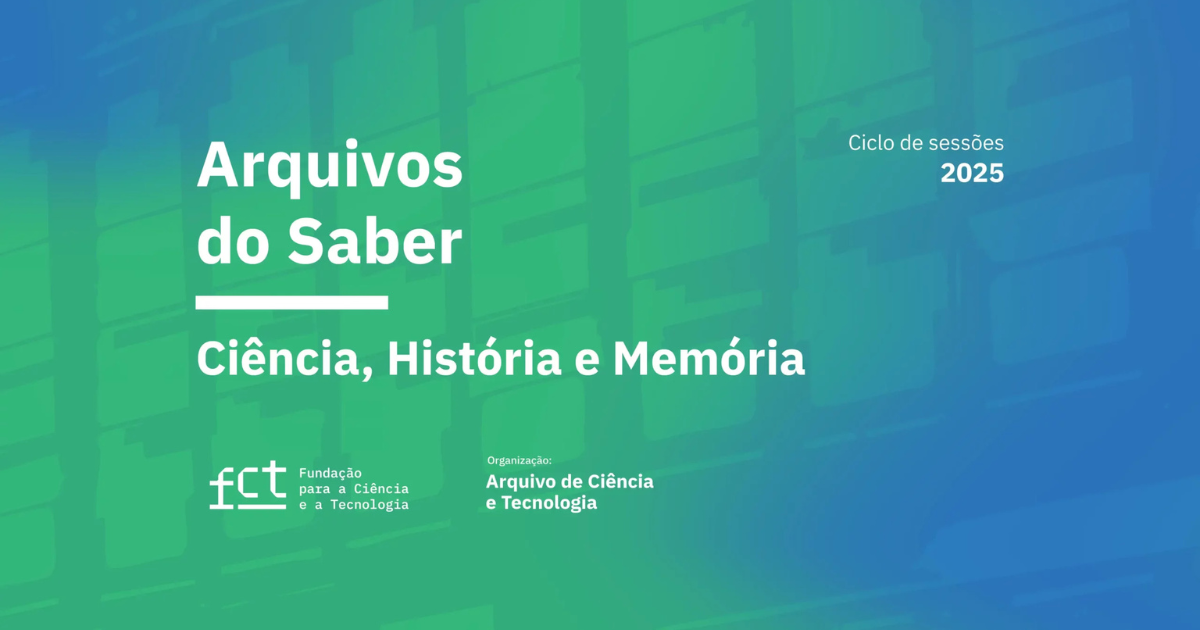Learn about the steps taken in Portugal, and in Europe, towards the implementation of the European Open Science Cloud (EOSC) - an initiative that aims to put the European Union in the global leadership in the field of research data, ensuring benefits to almost 2 million European scientists.
The process of creating the EOSC started in 2015 with a clear goal: to create a data storage and processing ecosystem that supports European science. To this end, the EOSC envisages the creation by 2025 of a virtual, international and multidisciplinary environment that includes open and seamless services for the storage, management, analysis and reuse of research data.
To ensure this versatility, the European data infrastructure envisaged by the EOSC includes high-capacity cloud solutions as well as supercomputing and artificial intelligence tools. This framework is also expected to be scaled up by gradually opening it up to the public sector and industry. " The EOSC will bring together European and national institutional actors, initiatives and data infrastructures to develop an inclusive ecosystem of Open Science in Europe," explains the European Commission on the project's homepage.
The European Commission estimates that the impact of this effort will benefit around 1.7 million European researchers and 70 million science professionals. In one of the most important steps in this direction, in February 2020 the Commission launched the European Data Strategy which defines the EOSC as the centrepiece of an open data space for innovation and research.
The EOSC initiative is part of the 2021-2027 cycle of the European Commission's Horizon Europe innovation funding programme, and EOSC services are planned to be available to European researchers by 2025. However, the impact of the EOSC is already being felt, particularly in the current pandemic context, by accelerating access and sharing of research data through the newly created European research data platform COVID-19.
EOSC in Portugal
This European initiative is expected to have a profound impact on national research communities, since both national research data service providers and the institutions that use them to do science will have to align themselves with the EOSC. In Portugal, the Foundation for Science and Technology, through its Unit FCCN, has been making efforts in this area.
FCT's strategy for the adoption of the EOSC at national level is centered on policies and regulations, services to support the adoption of the EOSC and communication, dissemination and training activities. A visible result of this effort is the inclusion of research data management in the recent data science competition promoted by FCT.
At the same time, the FCCN Unit has been promoting data management and EOSC to the RDA-en community and the GDI forum, as well as to the roadmap infrastructures. On the other hand, participation in the H2020 EOSC-Synergy project resulted in an in-depth analysis of EOSC-related policies, practices and strategies in Portugal.
Since October 2020, the FCT is the organization mandated to represent the interests of Portugal within the EOSC association, being represented by the national delegate João Mendes Moreira.
To learn more about EOSC, visit: https://www.eosc-portal.eu/












